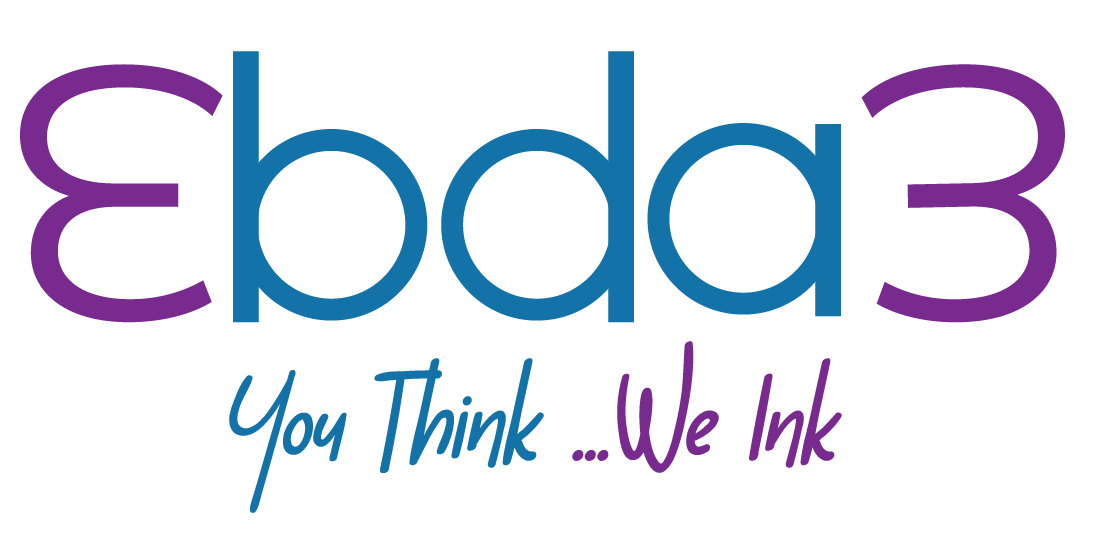Introduction to Digital Marketing: Navigating the Digital Landscape

In today’s interconnected world, where screens dominate our daily lives, digital marketing has emerged as a powerful force that shapes consumer behavior, drives business growth, and revolutionizes traditional marketing practices. In this comprehensive blog, we’ll delve into the fascinating realm of digital marketing, exploring its core concepts, strategies, and impact on businesses worldwide.
What Is Digital Marketing?
Digital marketing, also known as online marketing, leverages the internet and digital technologies to connect with customers. Unlike traditional media (such as print, radio, or television), digital marketing reaches consumers wherever they spend the most time—whether it’s scrolling through social media feeds, conducting online searches, or interacting with mobile apps.
Why Digital Marketing Matters
1. Global Reach: Over 60% of the global population is online, and this number continues to grow. As a result, companies are shifting their focus from traditional marketing to digital channels.
2. Data-Driven Insights: Data plays a pivotal role in digital marketing. Marketers can collect valuable information by tracking customer journeys in real time. This data informs personalized strategies, allowing businesses to tailor content to specific audiences.
3. Cost-Effective: Digital marketing often offers a better return on investment (ROI) compared to traditional methods. It allows businesses to target specific demographics without overspending.
Key Components of Digital Marketing
1. Search Engine Optimization (SEO) and Search Engine Marketing (SEM)
– SEO: This technique aims to improve the ranking of online content on search engines like Google or Bing. By optimizing website content, businesses ensure that potential customers find their products or services when searching for relevant keywords.
– SEM: Paid search advertising allows businesses to display ads prominently on search engine results pages. It’s an effective way to drive targeted traffic and boost visibility.
2. Content Marketing
– Content is King: High-quality, relevant content attracts and engages audiences. Whether it’s blog posts, videos, or infographics, content marketing establishes authority and builds trust.
3. Email Marketing
– Direct Communication: Email remains a powerful tool for reaching customers directly. Effective email campaigns nurture leads, promote products, and encourage repeat business.
4. Social Media Marketing
– Engage and Influence: Social media platforms (such as Facebook, Instagram, and Twitter) allow businesses to interact with their audience, share content, and build brand loyalty.
5. Pay-Per-Click (PPC) Advertising
– Targeted Ads: PPC campaigns display ads to users based on their search queries or browsing behavior. Businesses pay only when users click on their ads.
6. Mobile Marketing
– Mobile Apps and SMS: With the rise of mobile usage, marketing through mobile apps and text messages (SMS) has become essential. Personalized app notifications and SMS campaigns keep customers engaged.
7. Web Analytics and Data Insights
– Measure Success: Tools like Google Analytics provide valuable insights into website performance, user behavior, and conversion rates. Marketers use this data to refine their strategies.
The Future of Digital Marketing
As technology evolves, so does digital marketing. Trends like artificial intelligence, voice search, and virtual reality are reshaping the landscape. Businesses must adapt to stay relevant and deliver exceptional customer experiences.
In conclusion, digital marketing isn’t just about selling products—it’s about creating meaningful connections, understanding consumer needs, and driving positive outcomes. So, whether you’re a seasoned marketer or just starting your journey, embrace the digital revolution and unlock its boundless potential.





